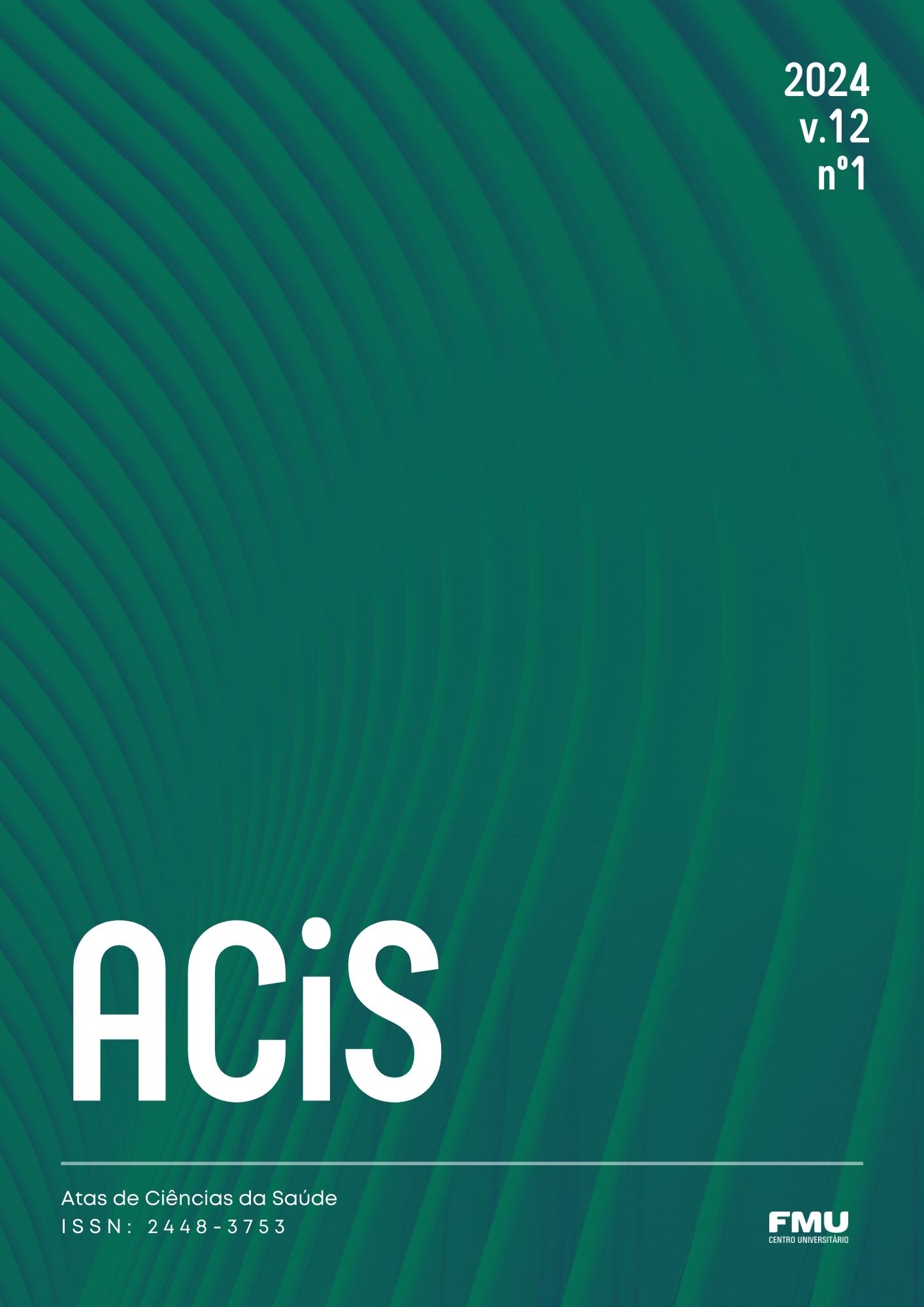Laboratory findings in bitches with piometra
Abstract
Pyometra is a disease that occurs frequently in the medical routine of small animals. It is characterized by intrauterine accumulation of purulent contents, which results from a period of progesterone hormonal dominance. The disease is prevalent in unneutered adult to elderly female dogs, with no preference by breed. The blood count is an essential test, allowing the presence of anemia, dehydration, septicemia and the number of platelets to be identified. The objective of the present work is to describe the hematological changes in the blood count of bitches affected by pyometra in a veterinary service. For this purpose, a retrospective study was carried out with thirty-nine dogs diagnosed with pyometra. The main changes observed were leukocytosis, neutrophilia with a shift to the left and the presence of toxic neutrophils. A very common finding was the elevation of total plasma proteins. The blood count is recommended as an adjunctive test for the diagnosis of bitches with pyometra, making it possible to better define the need for immediate surgical intervention.
Descriptors: Blood count, hyperproteinemia, neutrophilia, uterus.
Published
Issue
Section
License
Copyright (c) 2024 Gabriela Prandini Simão Dias , Natalia Regina Alexandrino Broch, Raquel Jordana de Mello Pires de Carvalho, Jade Soares da Silva , Alysson Ramalhais , Salviano Tramontim Belettini , Adrielly Dissenha, André Giarola Boscarato, Ana Maria Quessada

This work is licensed under a Creative Commons Attribution-NonCommercial 4.0 International License.
Autores que publicam nesta revista concordam com os seguintes termos:
- Autores mantém os direitos autorais e concedem à revista o direito de primeira publicação, com o trabalho simultaneamente licenciado sob a Licença Creative Commons Attribution que permite o compartilhamento do trabalho com reconhecimento da autoria e publicação inicial nesta revista.
- Autores têm autorização para assumir contratos adicionais separadamente, para distribuição não-exclusiva da versão do trabalho publicada nesta revista (ex.: publicar em repositório institucional ou como capítulo de livro), com reconhecimento de autoria e publicação inicial nesta revista.
- Autores têm permissão e são estimulados a publicar e distribuir seu trabalho online (ex.: em repositórios institucionais ou na sua página pessoal) a qualquer ponto antes ou durante o processo editorial, já que isso pode gerar alterações produtivas, bem como aumentar o impacto e a citação do trabalho publicado (Veja O Efeito do Acesso Livre).





